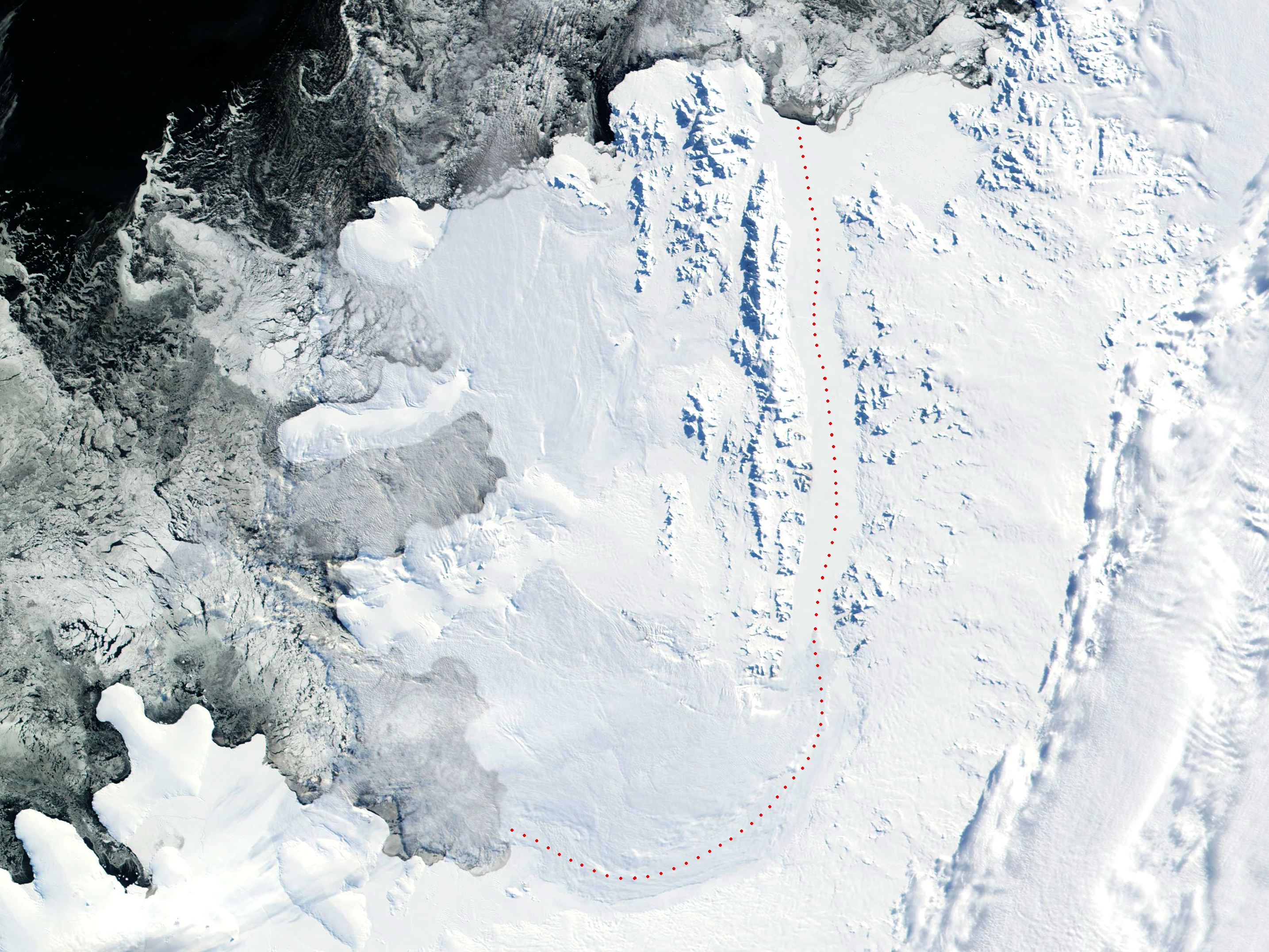|
Glazunov Glacier
Glazunov Glacier (russian: Lednik Glazunova) () is a glacier flowing north into Stravinsky Inlet from Monteverdi Peninsula, Alexander Island. The glacier was named by the USSR Academy of Sciences in 1987 after Alexander Glazunov Alexander Konstantinovich Glazunov; ger, Glasunow (, 10 August 1865 – 21 March 1936) was a Russian composer, music teacher, and conductor of the late Russian Romantic period. He was director of the Saint Petersburg Conservatory between 1905 ... (1865-1936), a Russian composer. References Glaciers of Alexander Island {{AlexanderIsland-geo-stub ... [...More Info...] [...Related Items...] OR: [Wikipedia] [Google] [Baidu] |
Stravinsky Inlet
Stravinsky Inlet () is an ice-covered inlet lying between Shostakovich Peninsula and Monteverdi Peninsula in southern Alexander Island, Antarctica. The inlet was first mapped by Directorate of Overseas Surveys from satellite imagery supplied by U.S. National Aeronautics and Space Administration in cooperation with U.S. Geological Survey. Named by United Kingdom Antarctic Place-Names Committee after Igor Stravinsky (1882–1971), Russian-born composer who became a French citizen, ultimately a citizen of the United States. See also * Schubert Inlet Schubert Inlet () is an ice-filled inlet, 14 nautical miles (26 km) long and 5 nautical miles (9 km) wide, indenting the west coast of Alexander Island lying between the Colbert north of the inlet and the Walton Mountains south of the ... * Verdi Inlet * Weber Inlet Inlets of Alexander Island Inlet {{AlexanderIsland-geo-stub ... [...More Info...] [...Related Items...] OR: [Wikipedia] [Google] [Baidu] |
Monteverdi Peninsula
Monteverdi Peninsula () is a large ice-covered peninsula lying between the Bach Ice Shelf and George VI Sound, forming the southernmost extremity of Alexander Island, Antarctica. The southern side of the feature was first seen and charted by Finn Ronne and Carl Eklund of the United States Antarctic Service, 1939–41, who traversed the entire length of George VI Sound. The peninsula was mapped from trimetrogon air photography taken by the Ronne Antarctic Research Expedition in 1947–48, and from survey by the Falkland Islands Dependencies Survey, 1948–50. It was named by the UK Antarctic Place-Names Committee after Italian composer Claudio Monteverdi. The north side of the peninsula is surrounded by the Bach Ice Shelf, a large ice shelf that separates it from Beethoven Peninsula. Fauré Inlet is the only inlet that indents the south side of the peninsula, and is filled with flowing from the adjacent George VI Ice Shelf and George VI Sound. Monteverdi Peninsula extends due ... [...More Info...] [...Related Items...] OR: [Wikipedia] [Google] [Baidu] |
Alexander Island
Alexander Island, which is also known as Alexander I Island, Alexander I Land, Alexander Land, Alexander I Archipelago, and Zemlja Alexandra I, is the largest island of Antarctica. It lies in the Bellingshausen Sea west of Palmer Land, Antarctic Peninsula from which it is separated by Marguerite Bay and George VI Sound. The George VI Ice Shelf entirely fills George VI Sound and connects Alexander Island to Palmer Land. The island partly surrounds Wilkins Sound, which lies to its west.Stewart, J. (2011) ''Antarctic An Encyclopedia'' McFarland & Company Inc, New York. 1776 pp. . Alexander Island is about long in a north–south direction, wide in the north, and wide in the south. Alexander Island is the second-largest uninhabited island in the world, after Devon Island. History Alexander Island was discovered on January 28, 1821, by a Russian expedition under Fabian Gottlieb von Bellingshausen, who named it Alexander I Land for the reigning Tsar Alexander I of Russia. Wha ... [...More Info...] [...Related Items...] OR: [Wikipedia] [Google] [Baidu] |
USSR Academy Of Sciences
The Academy of Sciences of the Soviet Union was the highest scientific institution of the Soviet Union from 1925 to 1991, uniting the country's leading scientists, subordinated directly to the Council of Ministers of the Soviet Union (until 1946 – to the Council of People's Commissars of the Soviet Union). In 1991, by the decree of the President of the Russian Soviet Federative Socialist Republic, the Russian Academy of Sciences was established on the basis of the Academy of Sciences of the Soviet Union. History Creation of the Academy of Sciences of the Soviet Union The Academy of Sciences of the Soviet Union was formed by a resolution of the Central Executive Committee and the Council of People's Commissars of the Soviet Union dated July 27, 1925 on the basis of the Russian Academy of Sciences (before the February Revolution – the Imperial Saint Petersburg Academy of Sciences). In the first years of Soviet Russia, the Institute of the Academy of Sciences was perceived ra ... [...More Info...] [...Related Items...] OR: [Wikipedia] [Google] [Baidu] |
Alexander Glazunov
Alexander Konstantinovich Glazunov; ger, Glasunow (, 10 August 1865 – 21 March 1936) was a Russian composer, music teacher, and conductor of the late Russian Romantic period. He was director of the Saint Petersburg Conservatory between 1905 and 1928 and was instrumental in the reorganization of the institute into the Petrograd Conservatory, then the Leningrad Conservatory, following the Bolshevik Revolution. He continued as head of the Conservatory until 1930, though he had left the Soviet Union in 1928 and did not return. The best-known student under his tenure during the early Soviet years was Dmitri Shostakovich. Glazunov successfully reconciled nationalism and cosmopolitanism in Russian music. While he was the direct successor to Balakirev's nationalism, he tended more towards Borodin's epic grandeur while absorbing a number of other influences. These included Rimsky-Korsakov's orchestral virtuosity, Tchaikovsky's lyricism and Taneyev's contrapuntal skill. Younger comp ... [...More Info...] [...Related Items...] OR: [Wikipedia] [Google] [Baidu] |


